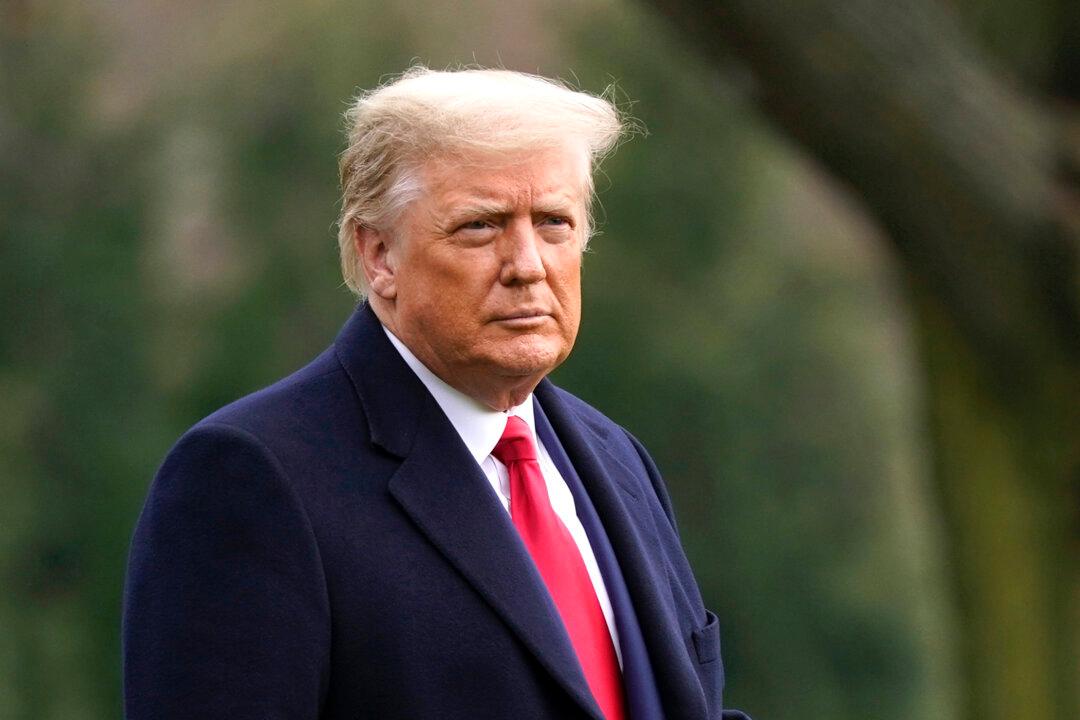President Donald Trump on Wednesday filed an election-related appeal in the U.S. Supreme Court, asking the high court to declare the Wisconsin election unconstitutional and order the legislature to appoint a different slate of electors who would cast their votes for Trump.
Citing “multiple violations of law,” the lawsuit (pdf) asks the Supreme Court to void the Wisconsin election and order the state legislature to nominate electors in line with Article II, Sec 1.2 of the U.S. Constitution. Trump lost the battleground state to Democrat presidential candidate Joe Biden by about 21,000 votes, according to official records.





